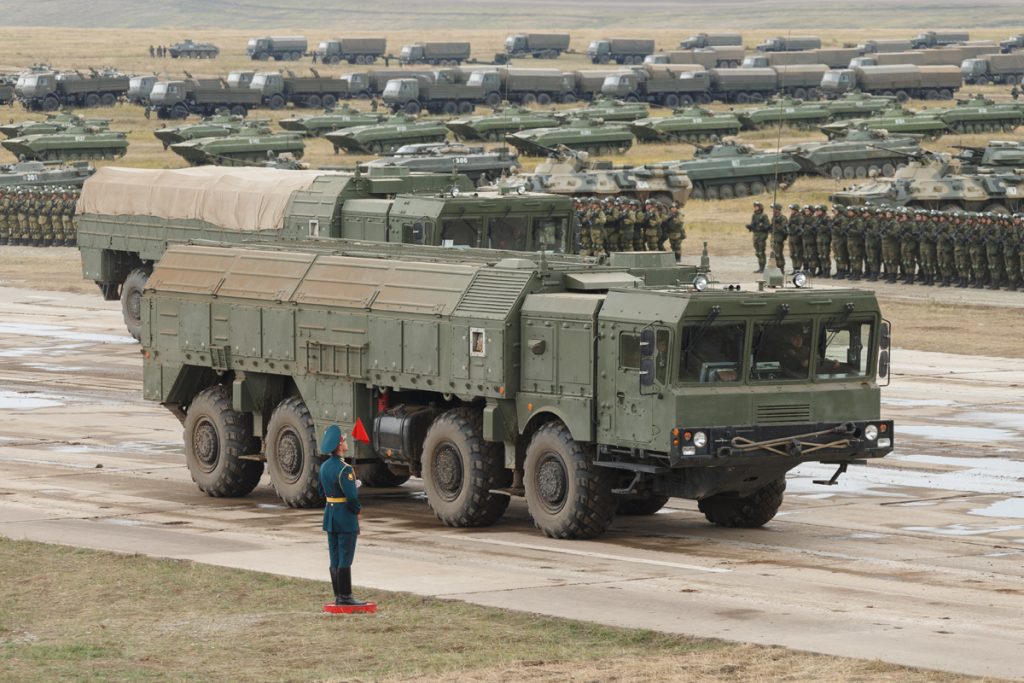Context:
Recently, the President of Russia approved changes to Russia’s nuclear weapons policy, updating the country’s nuclear doctrine for the first time since 2020.
New Russian Nuclear Doctrine
According to the November 2024 revision of Russia’s nuclear declaratory policy document, any massive aerial attack on Russia could trigger a nuclear response.
The document also states that Russia considers “an aggression” by “any nonnuclear state, but with participation or support from a nuclear state” as a “joint attack” against Russia.
Russia could authorize nuclear weapons employment in the following scenarios:
- “the receipt of reliable data” about a ballistic missile attack against Russian or allied territory,
- the use by an adversary of “nuclear and other weapons of mass destruction” against Russia or an ally
- “adversary actions” on “government or military” targets that could affect Russia’s ability to retaliate with nuclear weapons
- a conventional “aggression against” Russia and (or) Belarus that “poses a critical threat to their sovereignty and (or) territorial integrity”.
- “the receipt of reliable data” about a “mass start of aerospace attack means” and “their crossing of Russia’s state border”
India’s Nuclear Policy
After the Pokhran-II nuclear test in 1998, India enunciated a doctrine of ‘No First Use’ (NFU) of nuclear weapons.
The doctrine was formally adopted in January 2003.
India’s nuclear doctrine (2003) can be summarized in the following points:
- A posture of “No First Use” nuclear weapons will only be used in retaliation against a nuclear attack on Indian territory or on Indian forces anywhere.
- Nuclear retaliation to a first strike will be massive and designed to inflict unacceptable damage.
- Nuclear retaliatory attacks can only be authorised by the civilian political leadership through the Nuclear Command Authority.
- Non-use of nuclear weapons against non-nuclear weapon states.
- However, India will retain the option of retaliating with nuclear weapons in the event of a major attack against India, or Indian forces anywhere, by biological or chemical weapons.
- A continuance of strict controls on the export of nuclear and missile related materials and technologies.
- Continued commitment to the goal of a nuclear weapon-free world, through global, verifiable and non-discriminatory nuclear disarmament.

